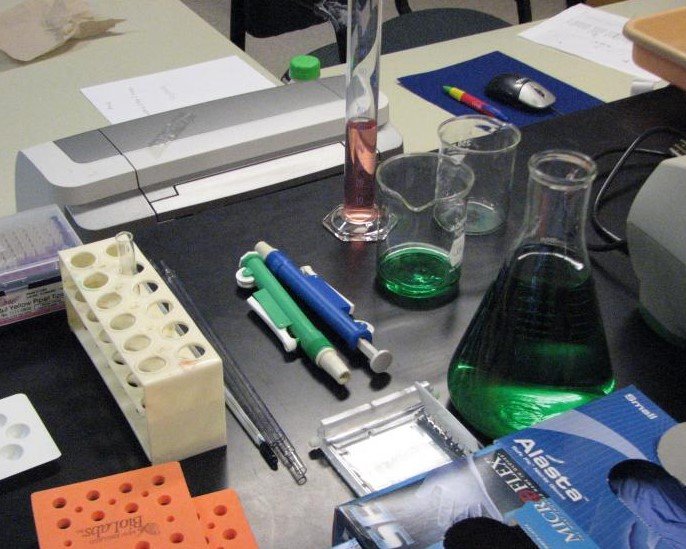Georgia town breathes relief as Conyers chlorine manufacturer with toxic past ends production for good
A chlorine plant in Conyers, Georgia, known more for its fireballs and chemical smoke than its pool supplies, is finally going quiet. BioLab Inc. says it won’t restart production after last fall’s fire—its second major blaze in three years.
Instead, the company will keep the site open just for distribution, shipping products made elsewhere. But the plant’s smokestacks? Those are done.
A painful past still lingers in Conyers
The September 2024 fire wasn’t the first. It wasn’t even the worst. But it might’ve been the last straw. Flames tore through the BioLab plant on Sept. 29, triggering another massive cloud of thick black and orange smoke that could be seen for miles.
It wasn’t just dramatic. It was dangerous.
People living nearby were told to stay inside. Interstate 20 shut down. Schools closed. And for the third time since 2004, local families were left asking the same question: Why does this keep happening?
In a brief statement, the company framed the decision as a tough but thoughtful business move. But if you ask folks around Conyers, it’s not a loss—it’s a relief.

Why the shutdown now?
BioLab said it struggled to resume operations after the 2024 fire. No kidding. The damage was extensive. Emergency crews fought the blaze for hours. Video of the explosion circulated online, sparking fresh outrage.
The company also cited a shift in how it fulfills orders. They’re leaning more on alternative production sites elsewhere in the U.S., meaning the Conyers facility just isn’t worth restarting anymore.
Here’s what BioLab said in its official statement:
-
The company has “met customer needs through alternative production.”
-
They’ve “carefully considered future business needs.”
-
And they’ve made the “difficult decision not to restart manufacturing” in Conyers.
The site will still distribute products, but no more chlorine production will happen there.
A facility plagued by fire—and warnings
Let’s be honest. This wasn’t just bad luck. BioLab’s Conyers plant had a long track record of fires and close calls. In fact, it’s been the subject of federal scrutiny for years.
That 2024 fire was particularly bad. The smell of burning chemicals filled the air. The smoke took hours to clear. And parents had to explain to their kids—again—why they couldn’t go outside.
Local reaction: anger, exhaustion, and cautious relief
City officials and residents weren’t surprised when the news came. Many were already demanding that the plant be permanently shut down after the most recent fire.
Conyers Mayor Vince Evans had previously called for a full investigation and warned of the risks of allowing the plant to continue operating. His tone today? Reserved optimism.
“It’s about time we stop putting our residents in danger,” one local resident, Pamela R., told a local TV station. “We’ve had to live with the fear of another explosion hanging over our heads for too long.”
People in Conyers have mixed feelings. Some are glad production is done. Others still worry about what’s left behind.
Will the shutdown fix everything?
While the flames are out, the site still raises environmental and health concerns. There’s lingering contamination. Plus, distribution activity means chemical materials will still be stored and transported at the site.
Experts say that means some risk still remains.
But there’s a sense the worst may finally be over.
One longtime resident put it like this: “It’s like a bully finally moved out of the neighborhood. Sure, his brother still lives down the block—but at least the punches have stopped.”
What’s next for BioLab and the community?
The big question now is what happens to the site itself—and the people who worked there.
BioLab didn’t specify layoffs or job transfers in its statement, but it’s likely that many of the plant’s roles will disappear. The company says it will maintain “a presence” in Conyers. But production jobs won’t be part of that.
State regulators and environmental groups may also push for long-term cleanup. And with pressure mounting across the country for better oversight of chemical plants, the company could face fresh scrutiny—even if its factory floor stays quiet.
